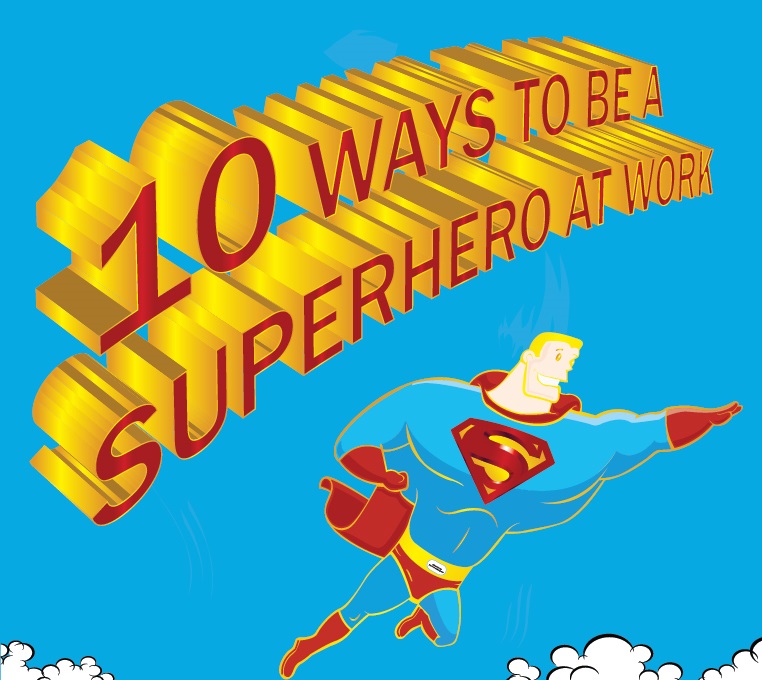Back to Blogs
Check out 10 ways you can become a superhero at work and become the employee that your employer really wants to hold on to!
Being a superhero employee isn’t about becoming the “perfect” employee and you don’t need to develop extra special powers to achieve this. It’s about using your initiative and working diligently.




